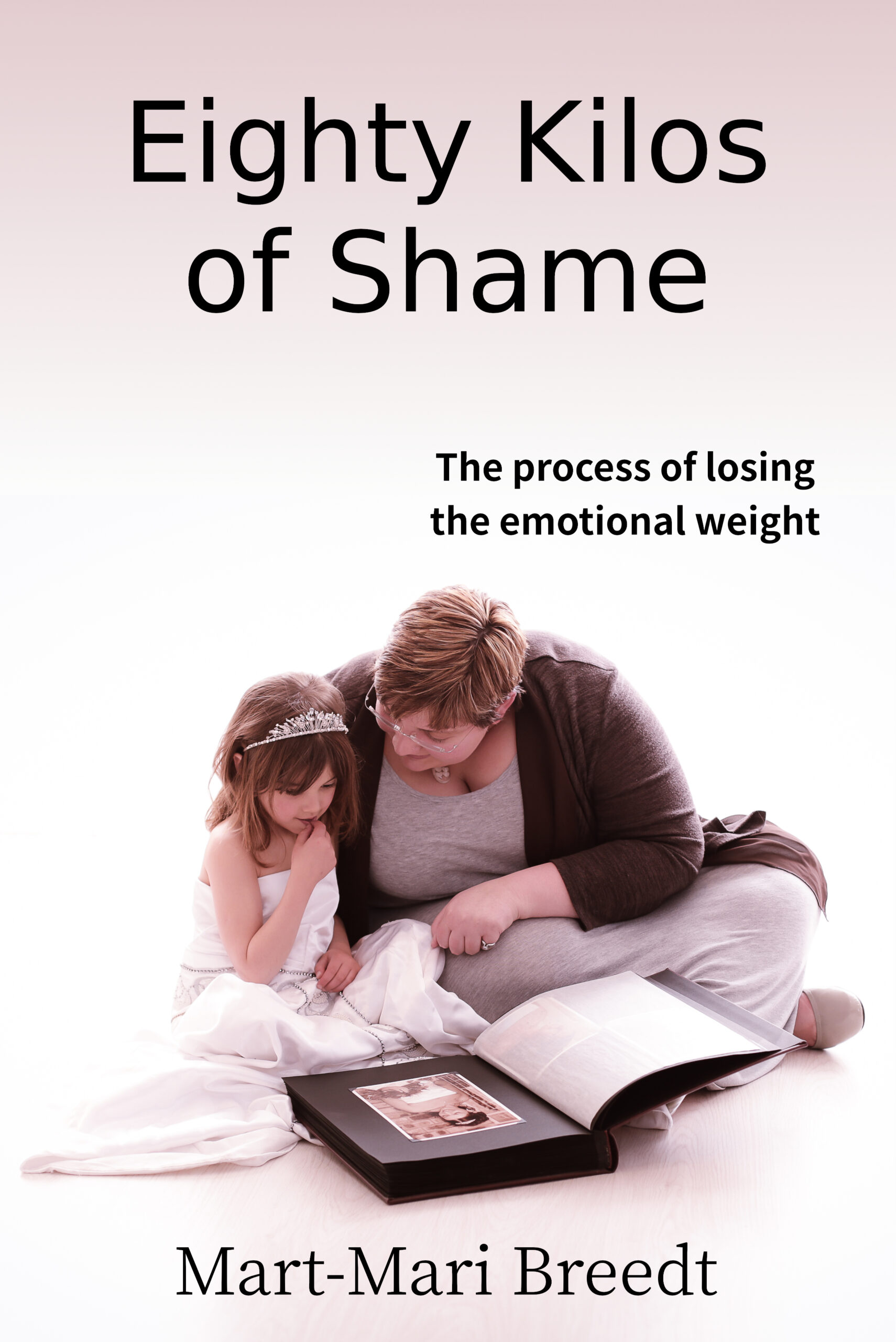
Navigating Weight Management Exhaustion
Over the past two weeks, I’ve seen two inspiring stories on my social media feed of individuals who underwent bariatric surgery and became avid runners. I don’t know a diplomatic way to say this so I will say it straight up: These stories always make me feel so jealous. But upon deeper reflection, I realise it’s not just jealousy I sense; there’s also a profound admiration for their determination and the support they received through their journey.
I fully acknowledge that bariatric surgery isn’t an easy solution—I’ve witnessed enough of the struggles and lows of friends and acquaintances to understand that. However, it does seem like it could offer significant support, particularly for someone like me, tasked with maintaining a substantial weight loss. Sometimes, keeping off 80kg solely through only dietary changes and exercise feels like an insurmountable challenge. There are days when I also think ‘What is the point?’ or ‘Why does everything always have to be so hard?’, and I wish for additional assistance to complement my consistent hard work.
Acknowledging and dissecting this feeling of jealousy and admiration has made me realise how exhausted I feel from always showing up and working hard. Achieving my target weight almost four and a half years ago wasn’t the end of the journey; rather, it marked the beginning of a constant battle against old habits and my inherent predisposition to obesity. What frustrates me most is the oversimplified advice often offered on social media when others ask for advice on losing weight: ‘Just eat less.’ It’s not that simple, and neither is maintaining.
Surely, I can’t be the only one who yearns, at times, for a helping hand? That’s why I’m writing today’s newsletter on tips for coping with exhaustion while persistently fighting obesity or a predisposition to obesity, even when the odds seem overwhelmingly stacked against you.
- Seek Support: Surround yourself with a supportive network, whether it comprises friends, family, or a support group. Sharing your struggles and triumphs with others who understand can provide invaluable encouragement. My running community is a wonderful form of support and encouragement – I cannot imagine how I would’ve coped with especially my training program without them.
- Prioritise Healthy Habits: Instead of fixating solely on the number on the scale, concentrate on adopting healthy habits that benefit you physically and mentally. This might include regular exercise, balanced nutrition, adequate sleep, and stress management techniques. For over two years now, I’ve refrained from weighing myself, a choice that has significantly shifted my focus away from the scale to sustainable, healthy habits.
- Practice Mindful Eating: Listen to your body’s hunger and fullness cues, and cultivate mindful eating habits to prevent overeating or emotional eating. When I somehow find myself about to devour a cookie, a spoonful of peanut butter or whatever else I didn’t intend on eating, I find it helpful to speak my behaviour and the possible consequences of it out loud – which must sound ridiculous to my husband! (This was a piece of advice I read in “Atomic Habits” by James Clear)
- Be Kind to Yourself: Embrace self-compassion and acknowledge that setbacks are a natural part of any journey. Instead of dwelling on past mistakes, you can focus on steps you can take to move forward and maintain momentum. I don’t beat myself up over things that I shouldn’t eat. Instead, I try to enjoy and savour it and then focus on making my next meal as healthy as possible again.
- Leverage Your Strengths: Although it may feel as though the odds are perpetually stacked against you, there are undoubtedly strengths you possess that can work in your favour. For instance, I find solace in my analytical nature and passion for writing. Often, I can work my issues out by putting pen to paper and unravelling my thoughts and emotions. I also consider myself a resourceful person. Once I understand my problem better I can usually figure out a solution using the resources I have at my disposal.
Remember, every journey is unique, and there’s no one-size-fits-all solution. How do you navigate that feeling of being exhausted from just constantly keeping at it?

